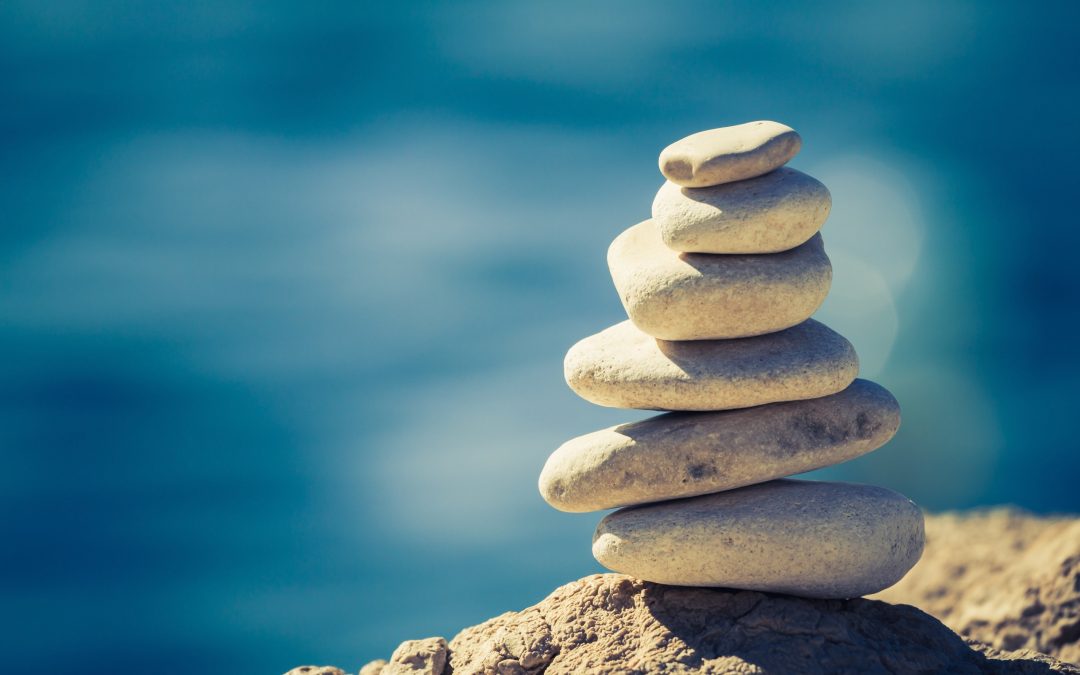We don’t always see life through rose-colored glasses. In truth, life consists primarily of stress-filled experiences followed by small moments of peace. Because of this, many of us live our lives going from one stressful event to the next, and instead of living well, we let our surroundings dictate our lives. This lifestyle can lead to feeling overwhelmed, and in some cases, it can leave us numb through various primal coping mechanisms of which we may not be aware. While there is no singular answer to life’s problems, finding balance in life can promote overall wellness and a sense of self-identification and appreciation.
“You shouldn’t have to live your life without balance, fulfillment, and happiness.”
– Dr. Anthony Termine
Have Realistic Expectations
Before one can find balance in life, it’s wise to ponder what it is you want to accomplish. Setting realistic expectations for yourself, and holding yourself accountable, is an important part of implementing positive change. Perhaps having too high of expectations for yourself is the greatest detriment to goal-setting. By doing this, you are likely to fail, at least initially, and that failure is often accompanied by insecurity, doubt, and disillusionment.
As you embark on finding balance in your life, write down your goals, temper your expectations, and give yourself ways to remember that finding balance will be a lifelong pursuit and not a quick fix to life’s greatest problems.
Know What Is Most Important
Personal wellbeing is primarily made up of physical, mental, emotional, spiritual, social, and financial health. If these aspects are not appropriately addressed, your life can feel out of balance. That being said, each person will have different needs in each category. Some people may require much less social stimulation than others, and some people may have specific physical health challenges. Because of this, you should address each of these categories every day, if only in a small way.
Self-assessment may be helpful to see which categories you are lacking in. You can directly address some of these areas by simply being aware of them. In other areas, such as financial health, it may be as simple as adjusting habits or being more disciplined. In many cases, however, financial health may be outside of your control. Understanding what is in your control and what is not will be an important part of the self-assessment.
Conclusion
Once you have set realistic expectations for yourself and have taken a self-assessment, it’s time to act. Perhaps you have decided to work less, take walks in the mornings, nurture some window plants, or simply take time to meditate and reflect on the day. Whatever it is, you are on the right track. Small changes, if artfully chosen and continually practiced, can make the biggest difference.
Yet, for those who struggle to find balance in life and have exhausted all practical options for self-help, it may be necessary to look outside of yourself. This could be reaching out to friends or family, or it may be seeking help from a trained professional who can help you better balance your life through psychosomatic medicine and counseling. We all need a little help, and it is okay to seek help so that we may enjoy longer moments of peace and fewer stress-filled experiences, or at the very least, we are more apt to handle those experiences when they come.

